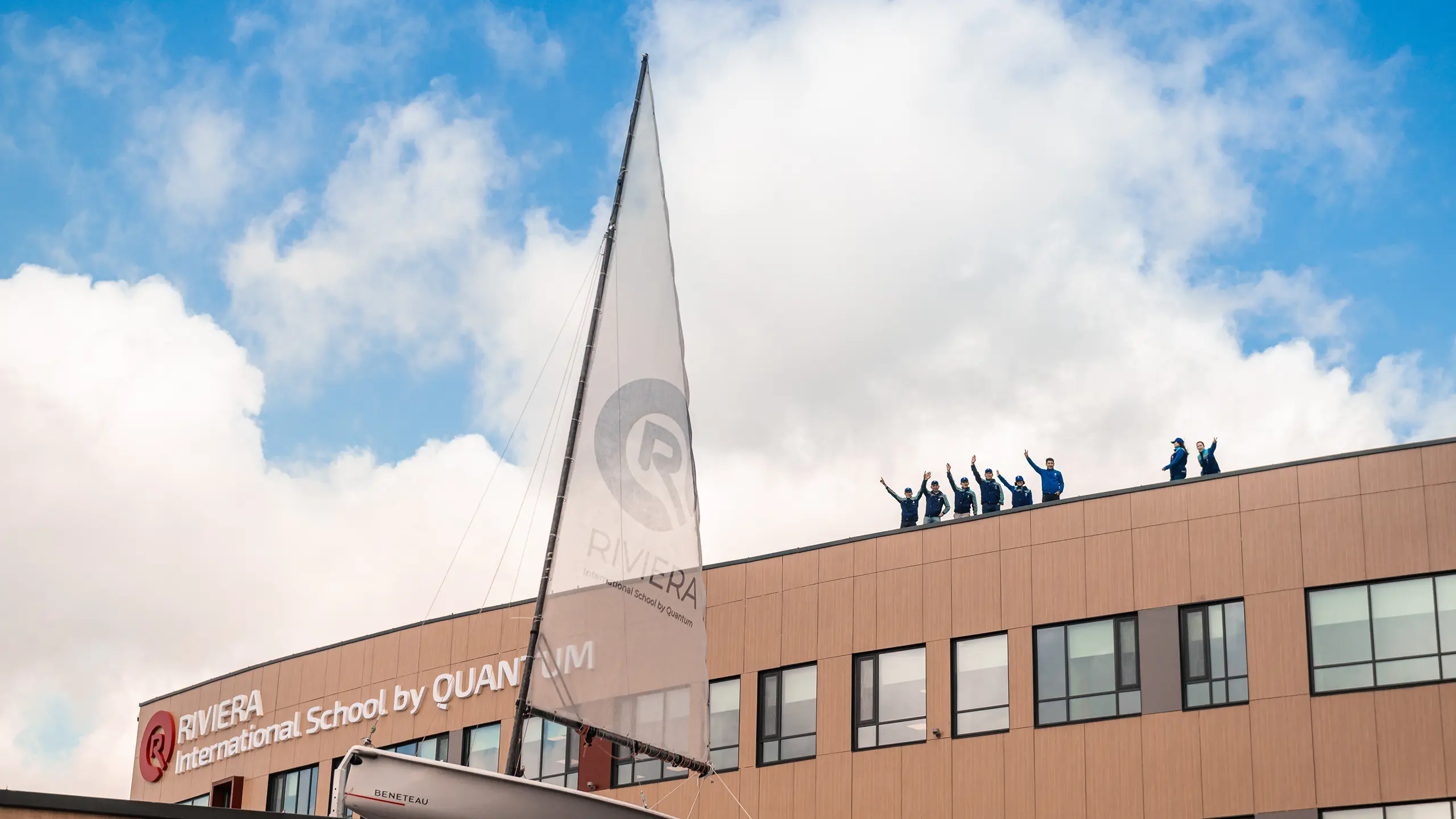Honesty, including academic honesty and integrity, is one of the values of Riviera International School by Quantum (hereinafter referred to as the school). Academic honesty is an integral part of the academic activities of any educational organization. Thus, academic honesty is an essential part of the school’s educational mission and encompasses all aspects of learning, upbringing, and teaching.”
The academic honesty policy is necessary to ensure a fair and reliable educational process. It affirms the fundamental principles of ethical behavior and responsibility towards learning and assessment. By upholding standards of honesty, the school creates a trustworthy environment where students can develop and reach their potential without deceit or fraud. The academic honesty policy also teaches students the value of hard work, self-discipline, and respect for intellectual property, preparing them for successful adaptation in higher education and professional spheres.
The assessment policy in an international school plays a key role in ensuring the objectivity, fairness, and transparency of the process for evaluating student academic achievements. It defines the criteria and standards for assessment, the methods and tools used to evaluate learning outcomes, as well as the procedures and timelines for providing feedback. The assessment policy also takes into account the individual needs and abilities of students, fostering their motivation for learning and development. Important aspects of such a policy include adhering to the principles of confidentiality, data protection, and providing equal opportunities for all students.
The philosophy of assessment at Riviera International School (hereinafter RIS) is based on educational and pedagogical values. It aligns with the mission of the International Baccalaureate (hereinafter IB) program and the school, and is intended to support the achievement of the educational and ideological goals of the program, which aims to nurture internationally-minded individuals who, recognizing their common humanity and shared responsibility for the planet, contribute to the development of a better world. The assessment policy is designed to promote the development of lifelong learning skills in students, as well as all aspects of the IB learner profile. The tasks proposed for assessment purposes help develop students’ skills in knowledge acquisition, research, risk-taking, thinking, and communication, thereby contributing to the formation of a well-rounded individual.
The language policy in an international school defines the approach to the use of languages in the educational process and interactions with the multilingual community. It considers the needs of students from diverse linguistic backgrounds and aims to provide equal opportunities for learning in different languages. The goal of this policy is to support multilingualism, develop language skills and cultural understanding, and facilitate the integration of students from different linguistic and cultural backgrounds into the learning environment. This includes the development of curricula, support for language learning and cultural exchange, as well as the assessment and promotion of linguistic diversity within the school community. This policy defines and regulates the use of languages, primarily Kazakh, Russian, and English, as well as other foreign languages in the educational, upbringing, and operational activities of Riviera International School (RIS).


